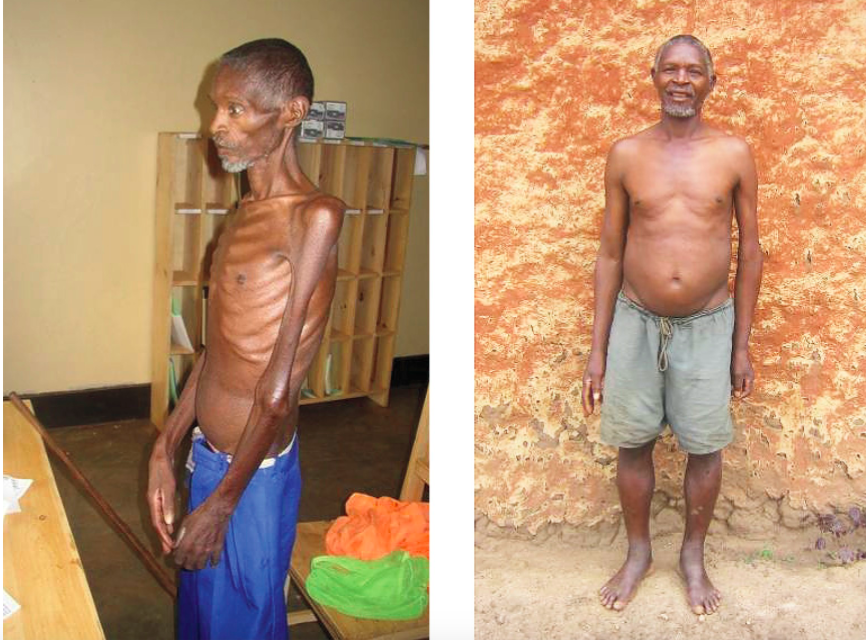Fifth Sunday of Lent
Ez 37: 12-14, Ps 130: 1-8, Rom 8:8-11, Jn 11: 1-45
With the psalmist we cry out, “Lord, hear my voice! Let your ears be attentive to my voice in supplication!” (Ps 130). This week, as our churches are closed to prevent the further spread of covid-19, many people of faith are feeling isolated, confused, anxious, and afraid. Where is your spirit, O God? How are we called to be church in the midst of this pandemic? How can we draw close to God wherever we are right now?
Our gospel this week is from the eleventh chapter of John. The raising of Lazarus is the seventh miraculous sign that Jesus performs in John’s gospel. Unlike the first sign, which was at the wedding feast in Cana, this time Jesus comes to Bethany as his friends are overcome with grief. A funeral setting feels right for us this week, as the death toll from covid-19 rises each day.
Two themes strike me as particularly relevant for us today: friendship and faith.
Jesus returned to Judea, at some risk to himself, because his friends asked him to come. Mary of Bethany and her sister Martha had sent word to Jesus telling him that their beloved brother was ill. Jesus’s friends can speak openly, honestly, and intimately with him. They can be their true selves and reveal their true feelings. Jesus was so moved by his friends’ grief that he too weeps. His friendship with Martha, Mary, and Lazarus shape his ministry and actions. So too with us. Friendships shape us. Commentators through the centuries have pointed out that Jesus had deep friendships with women, and his affection for Martha and Mary demonstrated both respect and love. Maybe one of the things you are missing most is the company of friends for casual conversations during this time of physical distancing. For some, Zoom happy hours and FaceTime chats can be a way to keep connections going through creative means, but they aren’t the same. And for friends whose loved ones are in hospital isolation, nursing homes where visitors are not allowed, or in spaces that lack technological means of fostering connection, these are times of worry for those we can’t hold near. People are dying alone and unable to come together in shared grief. It is okay this week if we weep like Jesus wept. In demonstrating emotional anguish, friends show they care. Friends don’t always have easy answers or solutions, but walking with one another in grief can testify to the meaning and power of relationships.
A second theme in this gospel is the theme of faith. Martha ran out to meet Jesus before he entered Bethany, saying “Lord, if you had been here…” Martha’s profession of faith in 11:27 is significant, especially since the themes of belief and love are so central to John’s entire gospel. Just as the Samaritan woman at the well had come to understand Jesus’s messianic identity through conversation with him and had asked for “living water,” so here Martha is the one who hears Jesus say “I am the resurrection and the life; whoever believes in me, even if he dies, will live, and everyone who lives and believes in me will never die.” Many of us know this passage from songs we sing at funerals. In those settings we think of a promise of life after death to give us comfort as we mourn the loss of a loved one. Jesus asks Martha directly, “Do you believe this?” She answers: “Yes, Lord. I have come to believe that you are the Christ, the Son of God, the one who is coming into the world.” Raymond Brown and Sandra Schneiders found significance in this “full Christian profession of faith” from the mouth of a woman. Yet the relationship between physical life and spiritual life remains a mystery. If “life” means “belief in Jesus,” and physical death is not a barrier to true life but opens up the possibility of true life, then what does “life” mean? Are believers talking about spiritual life after/above physical death? Why bring Lazarus back to life then?
Life in the flesh has meaning and value. The story of the incarnation reveals as much. We don’t need the raising of Lazarus to teach us about the meaning of life. Maybe instead this story is about discerning the meaning of death. Maybe it is about discerning when to accept physical death and when to fight the process of dying. Maybe it is about finding ways to hope even if it feels like the tomb has been closed for four days and there is a stench. Maybe it is about asking ourselves what it means to be “pro-life” as death tolls climb. These are not easy questions and an important caution for those who are pro-life is to avoid accepting someone else’s death when it is convenient to us or to the value of your 401k.
One of the ways John 11 has taken on a different meaning today is in the phrase “the Lazarus effect,” which describes the way that a patient on death’s doorstep can be brought back to life with access to medicines. Notable examples in the work of Partners in Health include patients like this man from Rwanda who had access to medications for HIV and TB coinfection, together with community based health maintenance and dietary supplements.

It is a modern day resurrection story. Dr. Paul Farmer describes the delivery gap in life sustaining treatments as not just a medical problem but a moral one, advocating for a health care systems strengthening approach that combines rigorous evidence-based scientific methods and a human rights approach.
Today, the issue is access to ventilators, masks, and lab equipment. We see how our health care infrastructure and lack of investment in public health has left us unprepared to deal adequately with the scope of this pandemic, and how it is exposing and exacerbating inequalities among Americans. In this context, to be “pro-life” means advocating for equitable access to health care. It means doing what one can to prevent the spread of disease, even at personal cost and inconvenience, because as St. John Paul II reminds us, we are all really responsible for all.
In the midst of this health crisis, then, reading John 11 can remind us that it is okay to weep and to pray for miracles. But also that whatever you can do to support the nurses, doctors, and epidemiologists on the front lines who are trying to bring people back to life, do it, for that is the Spirit moving in you to bring life to others.


